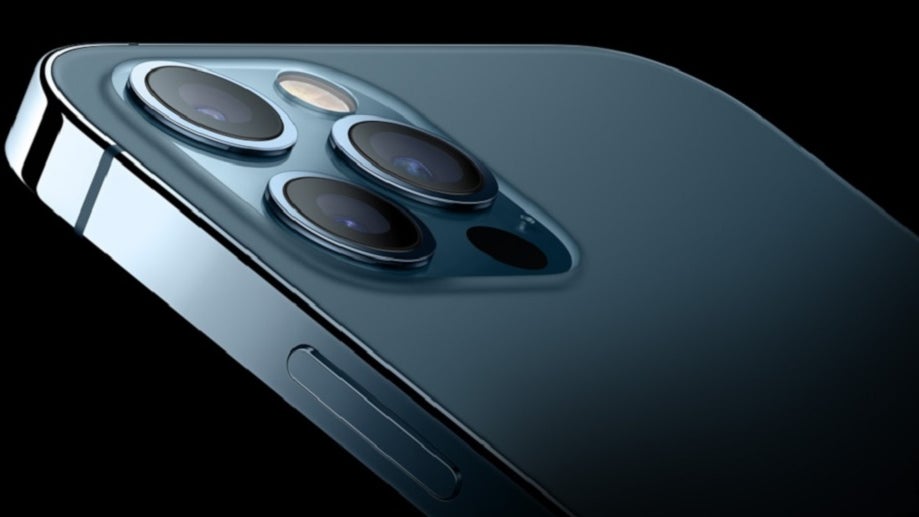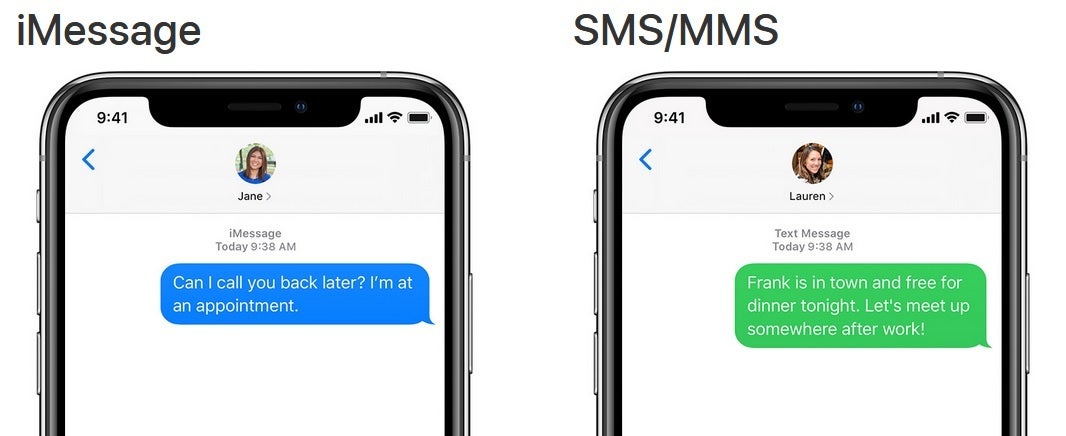Thanks to Epic's lawsuit, we now know why there will never be an iMessage app for Android

Thanks to Google's rollout of Rich Communication Service (RCS), many Android users now have some of the same messaging features on their phone as iOS users enjoy. Still, quite a few Android users would love to have Apple's iMessage app on their handset. Thanks to the lawsuit against Apple filed by Fortnite developer Epic Games, we now know why Apple has never created an Android version of the app.
Apple's Messages app keeps iOS users "locked in" to the platform
Apple and Epic today both turned in documents to the court where the trial will be held and Epic's document discussed the reason why Apple has never released an Android version of iMessage. Some Apple apps lock users into the Apple ecosystem and the Messages app is a good example. When the app is used to handle communications between iOS users, it provides premium feature that are not available when a chat is held between an iOS and an Android user.

n Apple's Messages app, a blue bubble signifies an iOS to iOS chat. A green bubble means that some one is using Android
Attorneys for Epic had deposed certain Apple executives and some of the questions asked under oath had to do with a version of iMessage for Android. According to Apple's senior vice president of Internet Software and Services Eddy Cue, in 2013, two years after the app was released, Apple decided not to offer an Android version of iMessage for the Android OS. Cue testified that Apple "could have made a version on Android that worked with iOS" that would have provided "cross-compatibility with the iOS platform so that users of both platforms would have been able to exchange messages with one another seamlessly."
But Craig Federighi, Senior Vice President and the top Apple executive in charge of iOS, felt that if Apple offered a version of iMessage for Android, it would allow parents in an iPhone family to give their kids Android phones. Another Apple executive, Phil Schiller, agreed with the comment expressed in an email back in 2016 by a former Apple employee who said, "the #1 most difficult [reason] to leave the Apple universe app is iMessage . . . iMessage amounts to serious lock-in." Schiller stated that "moving iMessage to Android will hurt us more than help us, this email illustrates why."
Eight years after deciding to keep Android users away from iMessage, the app is still not available for the rival operating system. While Epic says that Apple's messaging app keeps iOS users from switching to Android, the game developer also says that the switching costs to leave iOS are substantial. This includes the frustration of trying to learn how a new operating system works, the financial costs of having to pay again for certain apps on the new platform that were purchased on the old one, and the cost of buying new cables that work on iOS but not Android.
Some believe that Apple's decision to continue using its proprietary Lightning port on the iPhone 12 series was done to keep iOS users locked in to Apple's platform. And also keeping users locked in to iOS are certain features that if lost, could limit communications with family and friends even though Google might share a similar app with iPhone users. FaceTime would fall under this category even though iPhone users can employ the Google Duo video chat app to conduct video chats with friends and family.
Eddy Cue explained Apple's philosophy this way, "Who's going to buy a Samsung phone if they have apps, movies, etc. already purchased? They now need to spend hundreds more to get where they are today." Epic states in its document that Apple executives understand that the cost of switching platforms is something that gives iOS a huge advantage over Android. Epic also points out that developers consider writing an app for iOS a necessity because iOS users are more likely to spend money on it.
Follow us on Google News












Things that are NOT allowed:
To help keep our community safe and free from spam, we apply temporary limits to newly created accounts: